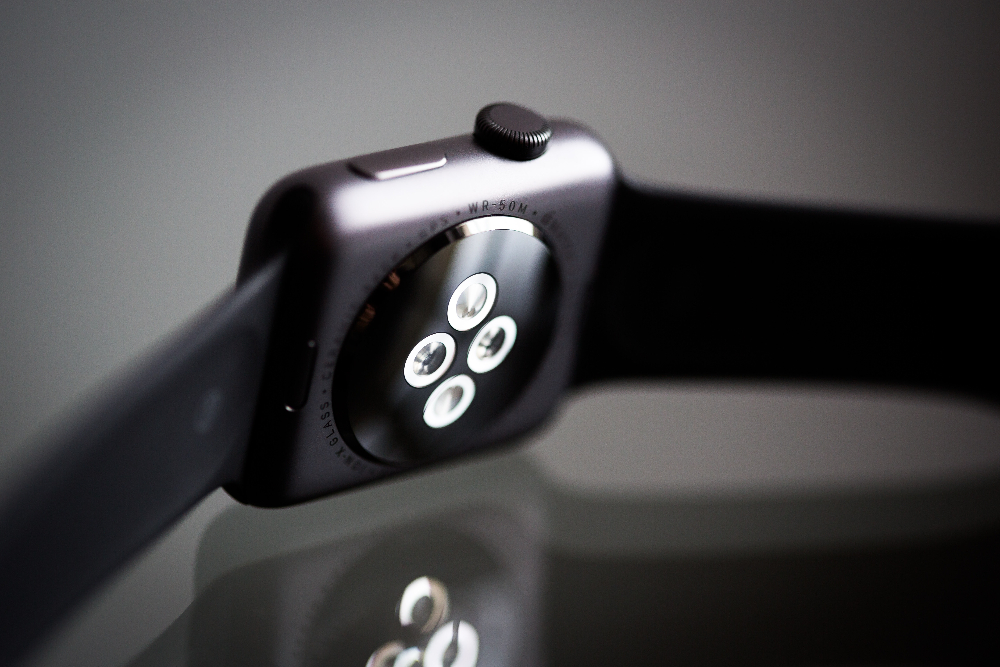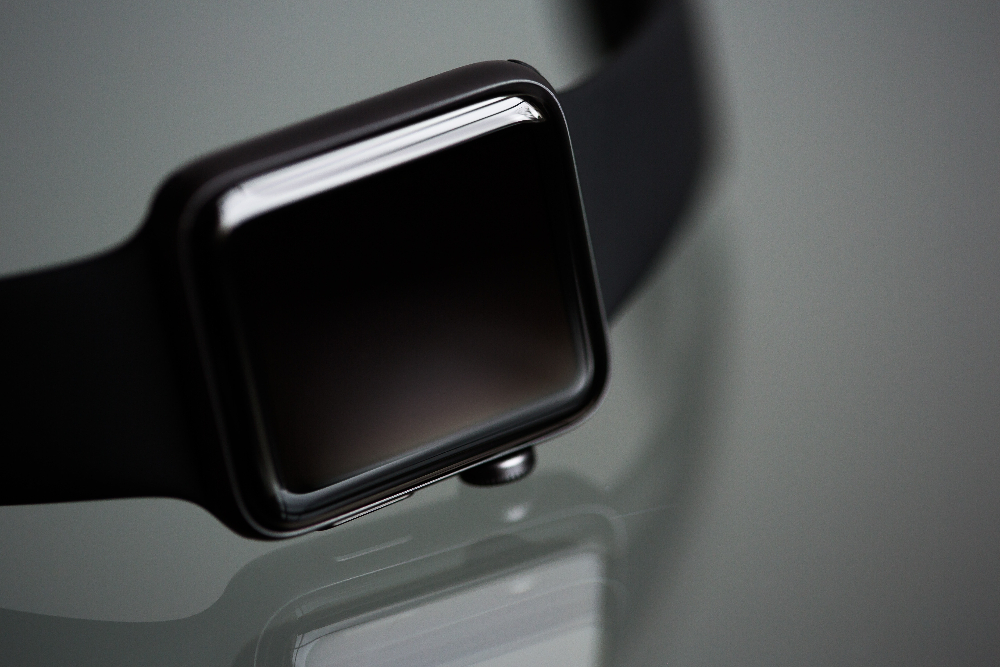Pulse oximetry readings are racially bias, according to a new legal case.
Apple is currently facing a class-action lawsuit over allegations that its Blood Oxygen app, available on Apple Watch Series 6 and newer, is racially biased against individuals with darker skin tones. The app is intended to measure the oxygen level of the wearer’s blood “on-demand,” which is a feature that is desirable primarily during exercise or when an individual is in respiratory distress. The lawsuit claims that during the coronavirus pandemic, researchers confirmed that there is a “clinical significance of racial bias” in pulse oximetry measurements because of the way the technology works.
Pulse oximetry is a method of estimating blood oxygen levels by shining a light through the skin. This method may need to be more accurate in people with darker skin tones, particularly Hispanics and African Americans. This issue has been recognized by the U.S. Food and Drug Administration (FDA) since the 1980s. The FDA has recommended that developers of pulse oximeters include a range of skin pigmentation in their clinical studies to make them not racially biased, but Apple’s technology doesn’t seem to be up-to-par with these standards.
During the Covid-19 pandemic, the use of pulse oximeters has increased dramatically. Several studies have found that pulse oximeters tend to overestimate blood oxygen levels in individuals with darker skin, which may lead to an unrecognized or delayed recognition of someone’s eligibility for Covid-19 therapies. In February 2021, the FDA released a statement acknowledging that pulse oximetry has limitations and may be inaccurate under certain circumstances.

Apple has stated that the Blood Oxygen app is “only designed for general fitness and wellness purposes” and is not for medical use. However, Apple had previously announced that it would use data from its Apple Watch pulse oximeter in a study on COVID-19 and influenza detection, so the current statement seems contradictory to its original intent.
The company partnered with the Seattle Flu Study at the Brotman Baty Institute for Precision Medicine and the University of Washington School of Medicine for the study, which would use the blood oxygen measurement along with the device’s heart rate monitoring to study how similar tech tools could signal respiratory conditions.
According to the lawsuit, the Blood Oxygen app’s measurement feature fails to adequately consider differences in skin tones, leading to inaccurate, racially biased readings for users with darker skin and contributing to racial biases in health and medicine. The lawsuit argues that because these measurements allegedly don’t work for every user, selling these watches equates to consumer fraud.
In November 2022, the FDA held a panel meeting to discuss the issue of racial bias in pulse oximetry measurements. The panel concluded that more research is needed to understand the causes of racial discrimination in pulse oximetry and to develop strategies to address it. The panel also recommended that manufacturers of pulse oximeters include information in their product labeling about the potential for racial bias in their devices and provide guidance on minimizing it.
Rutendo Jakachira, a Ph.D. a student in Brown University’s Department of Physics who is studying racial disparities in pulse oximetry, said in 2022, “People have known that there’s an issue with the overestimation of these oxygen saturation levels, particularly in dark-skinned individuals, for a really long time. Covid just made it really plain to the world.”
Sources:
The Apple Watch’s blood oxygen measurement might be guilty of racial bias
FDA panel examines evidence that pulse oximeters may not work as well on dark skin


Join the conversation!